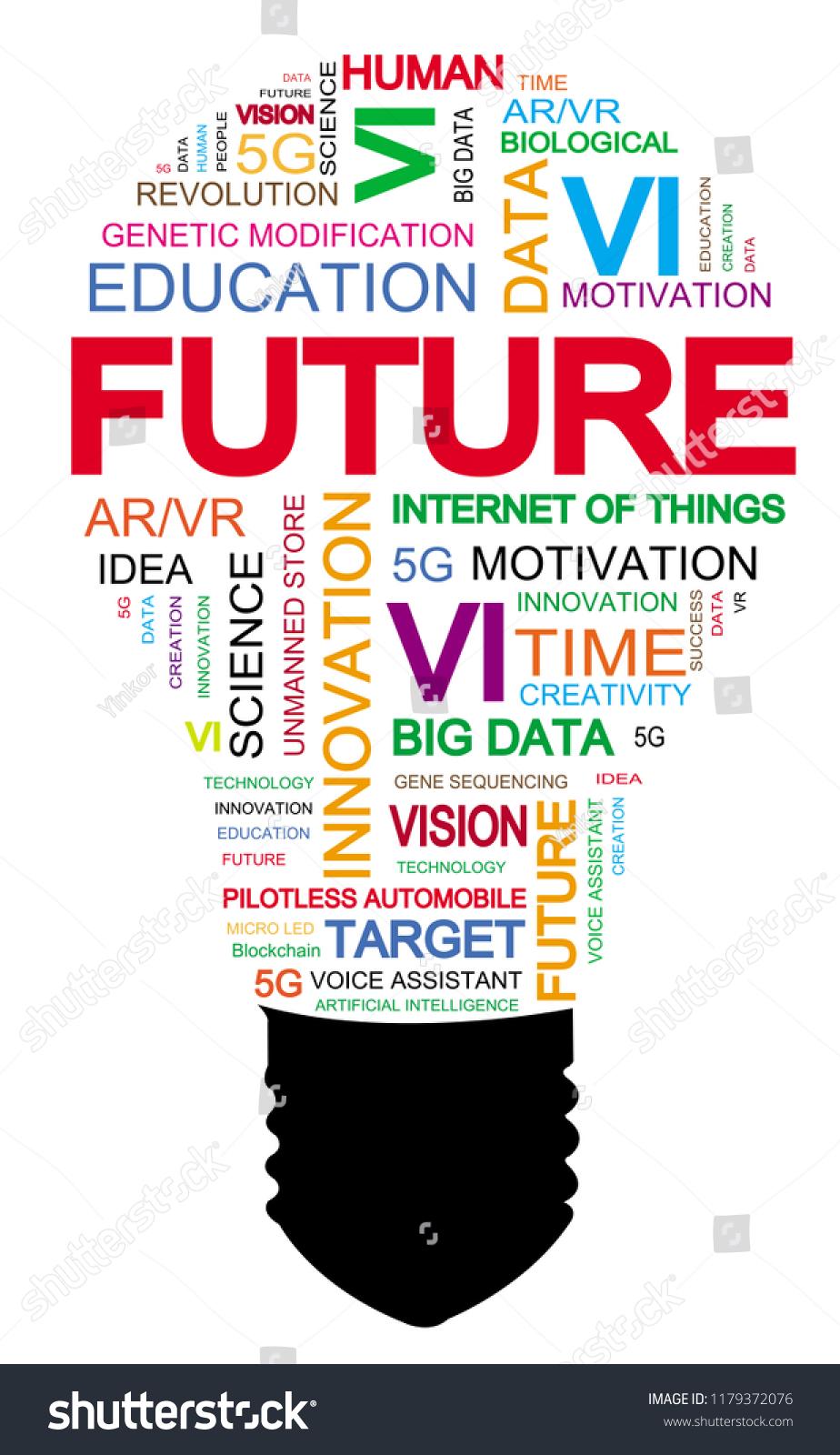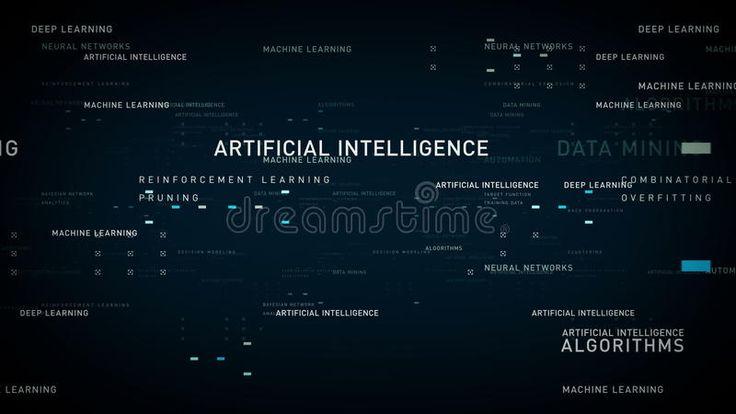Introduction:
In the rapidly evolving landscape of project management, the advent of generative AI (genAI) technologies promises to usher in a new era of efficiency and innovation. As businesses strive to stay ahead of the curve, the allure of integrating cutting-edge AI tools into project management processes has never been more compelling. Though, the rush to adopt these advanced technologies comes with its own set of challenges, including potential budget overruns and unmet expectations. This article aims to shed light on the critical considerations business professionals, including project managers, executives, and operations leaders, need to make before diving headfirst into the genAI wave.
The Promise of genAI in Project Management
Generative AI has the potential to transform project management by automating routine tasks, enhancing decision-making with predictive analytics, and optimizing resource allocation.From drafting project plans to forecasting risks,genAI tools can significantly reduce the time and effort required to manage projects. yet, the integration of these technologies is not without its pitfalls.
Navigating the Challenges
rushing into the adoption of genAI tools without a strategic approach can lead to budget blowouts and broken promises. The complexity of AI technologies, coupled with the need for specialized skills and the risk of over-reliance on automated systems, can complicate project management rather than simplify it. This article will explore the nuances of implementing genAI in project management, highlighting the importance of:
- Understanding the Capabilities and Limitations of genAI Tools: Not all AI solutions are created equal. We’ll delve into how to assess the suitability of different genAI tools for specific project management tasks.
- Budgeting for AI Integration: Beyond the initial investment,we’ll discuss the ongoing costs associated with training,maintenance,and updates of AI systems.
- Managing Expectations: Setting realistic goals for what genAI can achieve in the context of project management is crucial to avoid disappointment and ensure triumphant adoption.
Empowering Business Professionals
our goal is to empower business professionals to make informed decisions about integrating genAI technologies into their project management practices. By providing clear, engaging, and actionable insights, we aim to demystify the complexities of AI and encourage the strategic adoption of AI-driven solutions. Whether you’re looking to automate mundane tasks, improve project forecasting, or enhance team collaboration, understanding the potential and pitfalls of genAI is the first step towards revolutionizing yoru project management approach.
Stay tuned as we explore cutting-edge AI tools, software, and methodologies that can help your business automate tasks, predict project timelines, allocate resources more effectively, and ultimately, improve project success.
Navigating the Costs: Strategies to Avoid Budget Overruns with AI Projects
Integrating AI into project management often comes with the allure of cutting-edge efficiency and predictive precision.However, the financial aspect of implementing AI can be daunting, leading to unexpected budget overruns. A strategic approach involves meticulous planning and ongoing cost analysis. begin by defining clear objectives for AI integration, focusing on areas with the highest return on investment. Utilize cost-benefit analyses to prioritize AI projects that align with your business goals. Additionally, consider adopting a phased implementation strategy, allowing for the evaluation of performance and costs at each stage. This approach not only mitigates financial risks but also ensures that AI tools are effectively contributing to project management objectives.
Another critical strategy is to stay informed about the latest AI tools and their pricing models. Many AI solutions offer scalable pricing based on usage, which can be favorable for businesses looking to control costs.Engage with vendors to understand the full scope of costs, including setup, training, and maintenance fees. By doing so, project managers can make informed decisions, selecting AI tools that offer the best value.It’s also beneficial to leverage open-source AI tools where possible,as they can significantly reduce upfront costs while still providing powerful project management capabilities.
Selecting the Right AI Tools: A Guide for Project Managers
Choosing the appropriate AI tools for project management is pivotal in harnessing the technology’s full potential. The market is saturated with options, each promising to revolutionize how projects are managed. To navigate this landscape, project managers should focus on tools that align with their specific project needs and organizational goals.Start by identifying the key challenges your projects face and evaluate AI tools based on their ability to address these issues. Whether it’s improving task allocation, enhancing communication, or predicting project timelines, the right AI tool should offer tangible solutions.
Consider conducting pilot tests with shortlisted AI tools to assess their compatibility with your existing systems and workflows. This hands-on evaluation can provide valuable insights into the tool’s usability, integration capabilities, and impact on project outcomes. Additionally, seek feedback from your team members who will be using these tools, as their input can be crucial in making the final decision. Remember, the goal is to select AI tools that not only improve efficiency but also integrate seamlessly with your project management practices, thereby enhancing team productivity and project success.
Mitigating Risks: How to handle Broken Promises in AI Project Deliverables
The integration of AI into project management can sometimes fall short of expectations, leading to deliverables that don’t meet the promised standards. To mitigate these risks, it’s essential to establish clear communication channels with AI vendors, ensuring there’s a mutual understanding of the project’s objectives and expected outcomes. Implementing agile methodologies can also be beneficial, as they allow for regular assessments of the AI’s performance and the flexibility to make adjustments as needed. This approach ensures that any discrepancies between expected and actual deliverables are addressed promptly,minimizing their impact on the project.
Moreover, developing a comprehensive risk management plan specific to AI projects is crucial. This plan should include strategies for dealing with potential issues such as data inaccuracies, integration challenges, and changes in project scope. By anticipating these risks and having predefined responses, project managers can navigate the complexities of AI integration more effectively, ensuring that the project remains on track towards its goals. Emphasizing continuous learning and adaptation will also empower teams to overcome obstacles and leverage AI technologies to their fullest potential.
Wrapping Up
As we conclude our exploration of the dynamic intersection between artificial intelligence and project management, it’s clear that the journey into genAI is fraught with both unprecedented opportunities and notable challenges. The allure of AI-driven tools and methodologies promises a new horizon of efficiency and innovation in project management. However, as we’ve discussed, rushing into genAI without a strategic approach can lead to budget overruns and unmet expectations.Key Takeaways:
- Strategic Integration: The successful adoption of AI in project management requires a thoughtful strategy that aligns with your organization’s goals,capabilities,and project needs. It’s not merely about adopting the latest tools but integrating them in a way that complements and enhances your existing processes.
- Realistic Expectations: Set realistic expectations about what AI can achieve in your project management practices. While AI offers significant advantages, it is indeed not a panacea for all project challenges. Understanding its limitations is crucial in setting achievable goals and avoiding disappointment.
- Continuous Learning: The field of AI is rapidly evolving. Staying informed about the latest developments, tools, and best practices is essential for leveraging AI effectively in project management. Encourage continuous learning and experimentation within your teams to foster an innovative and adaptive culture.
- Vendor Diligence: When selecting AI tools or partners, conduct thorough due diligence. Assess their track record, the robustness of their technology, and their understanding of your industry and project management needs. This step is critical in avoiding budget blowouts and ensuring that the promises made can be kept.
- Ethical Considerations: As you integrate AI into your project management processes, be mindful of ethical considerations, including data privacy, bias mitigation, and transparency. Ethical AI use not only protects your organization but also builds trust with your stakeholders.
Moving Forward:
Embracing AI in project management is an exciting journey that offers the potential to transform how projects are managed and executed. By approaching this journey with a strategic mindset,realistic expectations,and a commitment to continuous learning and ethical practices,organizations can harness the power of AI to achieve greater efficiency,innovation,and project success.
As you navigate the complexities of integrating AI into your project management practices, remember that the goal is not to replace human insight and decision-making but to augment it. AI-driven tools and methodologies offer powerful capabilities to automate tasks, predict outcomes, and facilitate decision-making, allowing project managers and teams to focus on strategic activities and creative problem-solving.
We encourage you to explore new AI tools and technologies, engage with experts and vendors, and participate in forums and discussions to share insights and learn from the experiences of others. By doing so, you can confidently adopt and leverage AI-driven project management solutions that align with your organization’s needs and goals.
In Conclusion:
The journey into genAI in project management is an ongoing process of exploration, learning, and adaptation. By preparing for the challenges and embracing the opportunities, your organization can stay at the forefront of project management innovation, driving better outcomes and achieving a competitive edge in today’s fast-paced business environment.
Thank you for joining us on this exploration of AI’s role in revolutionizing project management. We look forward to continuing the conversation and supporting your journey towards AI-driven project excellence.
